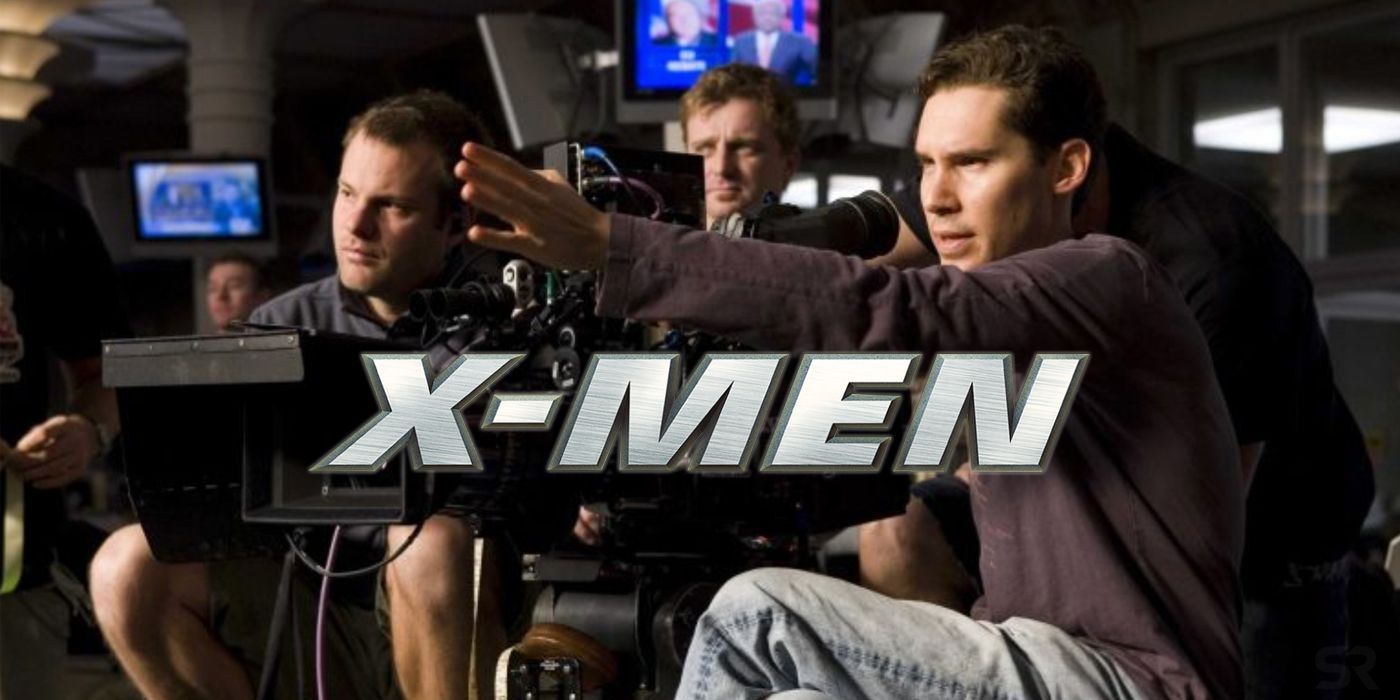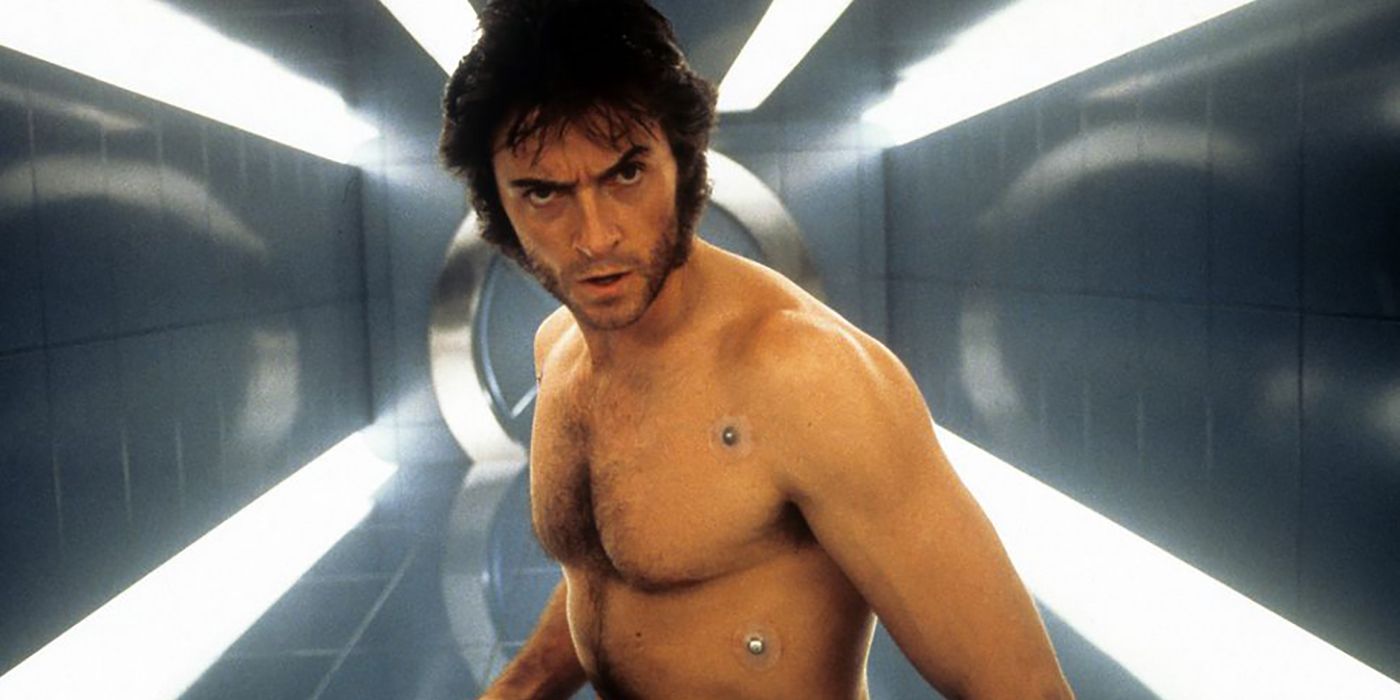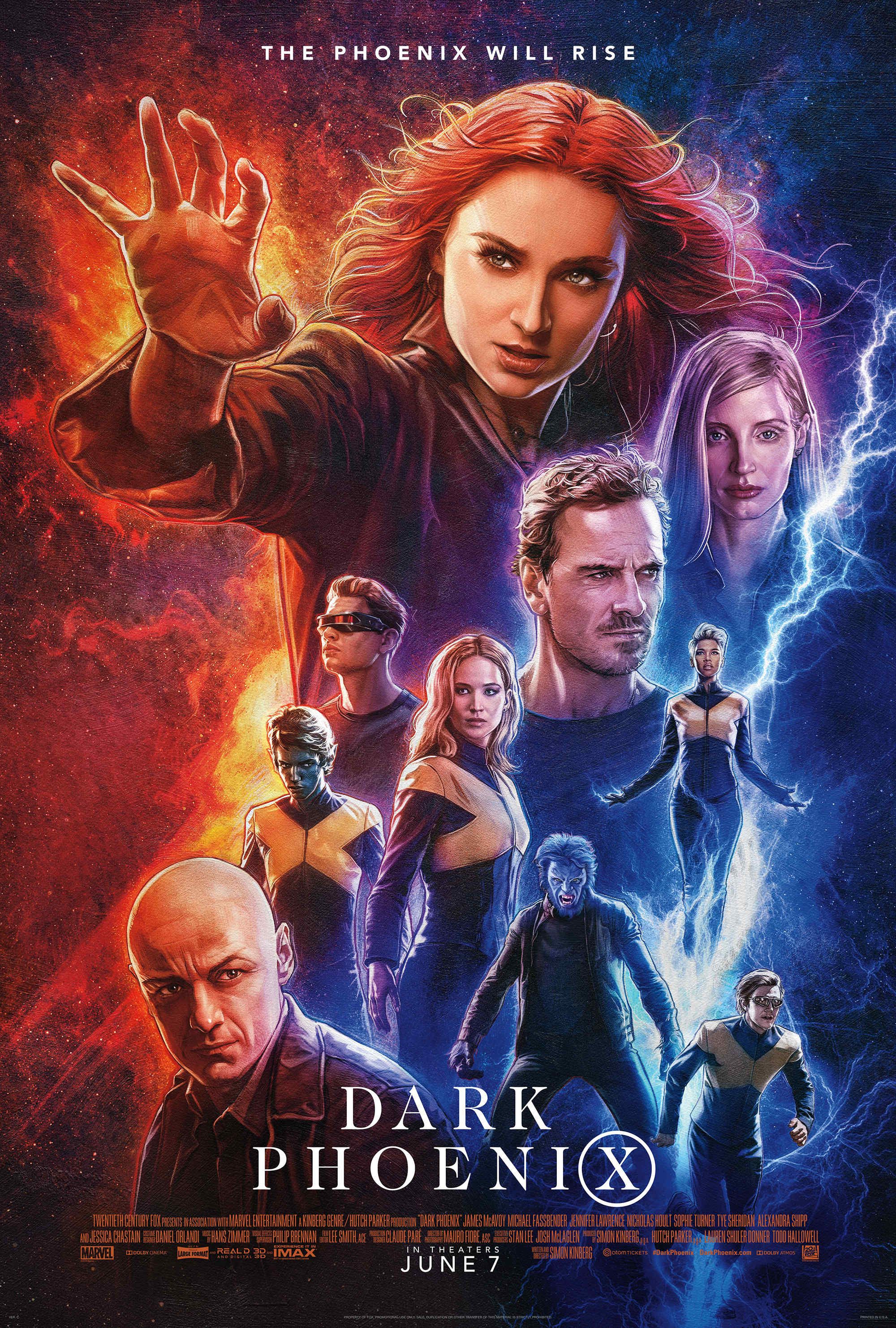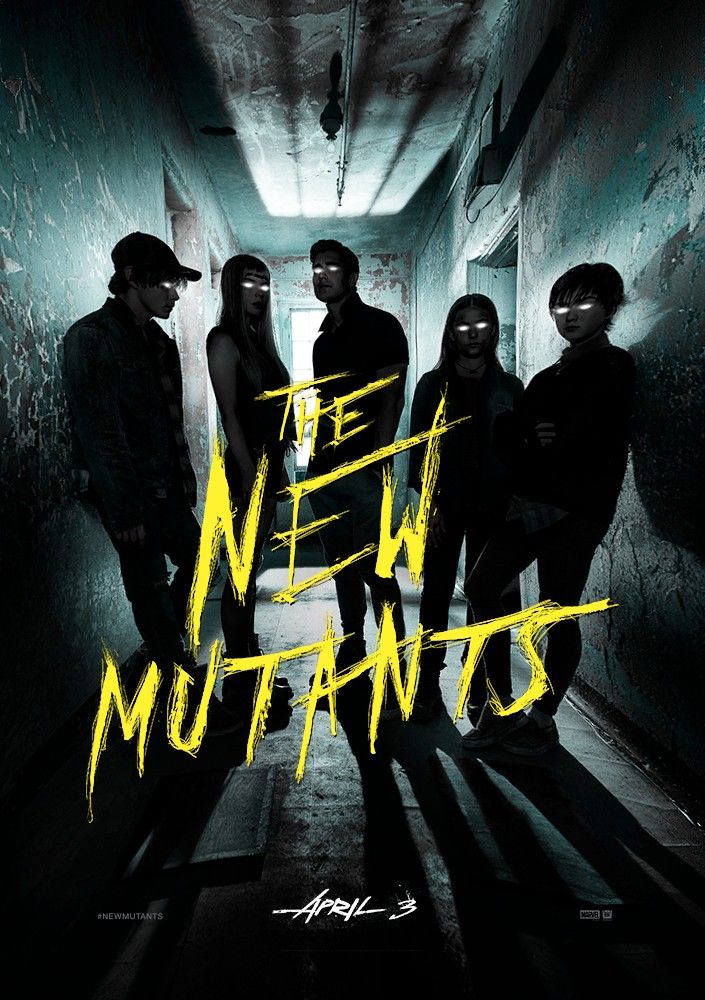Hugh Jackman revealed that director Bryan Singer banned comics on the set of X-Men. Back when comic book adaptations were on the precipice of being taken seriously, Singer worried that bringing comic books on set might get in the way of the "three-dimensional characters" he was trying to portray on screen.
Before Bryan Singer's X-Men was released in 2000, comic book movies weren't quite as respected as they are today. Between The Mark of Zorro in 1920 (which wasn't technically based on a comic book, but a five-part serial in a magazine) and X-Men just under a century later, standout comic book adaptations included movies like Judge Dredd and The Toxic Avenger. Though there was the occasional standout film that earned considerable respect, like The Rocketeer and Tim Burton's Batman, superhero movies were mostly regarded as throwaway blockbusters for children. With X-Men, though, the tone finally changed, and superhero movies would enter into a new era thanks to Singer's lack of tongue-in-check approach. That said, it came at the cost of how the film's source material was treated on set.
Related: Hugh Jackman Rules Out Wolverine Return For Deadpool Team-Up
According to an interview with MTV News' Josh Horowitz, Hugh Jackman revealed that Singer banned comic books while filming X-Men. He explained that the reasoning behind Singer's decision was based around the fact that he "really wanted to take comic book characters seriously, as real three-dimensional characters," but feared that "people who don’t understand these comics might think they’re two-dimensional." He added that comics were perceived by some as "children's literature," but that this frame of mind evolved - ironically, in part thanks to Singer, despite him banning them from set. Jackman added:
"It was like contraband. I'd never read X-Men, so people slipped them under my door. I'm reading these things, I'm going, 'These are brilliant. Look at the physicality.' So I would go into Kevin Feige's office, and it was wall-to-wall- not only comics all over, but about 600 figurines of different characters. And I'd be like, 'What should I read?' ... So he was slipping me stuff, and we've stayed friends ever since."
While discussing Feige, Jackman also touched on how glad he is to see someone like him in charge of Marvel Studios. He referred to Feige as someone who is "purely creative, purely a lover of the legacy of those comic books." And, even though Feige might have been overstepping Singer's creative seniority on the set of X-Men, his involvement may well have played a significant role in how Jackman ultimately brought Wolverine to life, from the first X-Men all the way to Logan.
From Singer's perspective as a director, his choice to ban comics from set wasn't likely based on a negative reflection of the comics themselves. Given that he was approaching the film with his own unique vision, while also attempting to make comic book adaptations stand out from the status quo, it may have made sense during production in the late '90s to keep the source material from interfering with his personal approach. That said, every actor has their own unique methods of approaching a character, and keeping Jackman from getting his hands on the comics one way or another was likely futile from the get-go.
More: Hugh Jackman Says He’d Be Open To Playing Another Superhero
Source: MTV News




